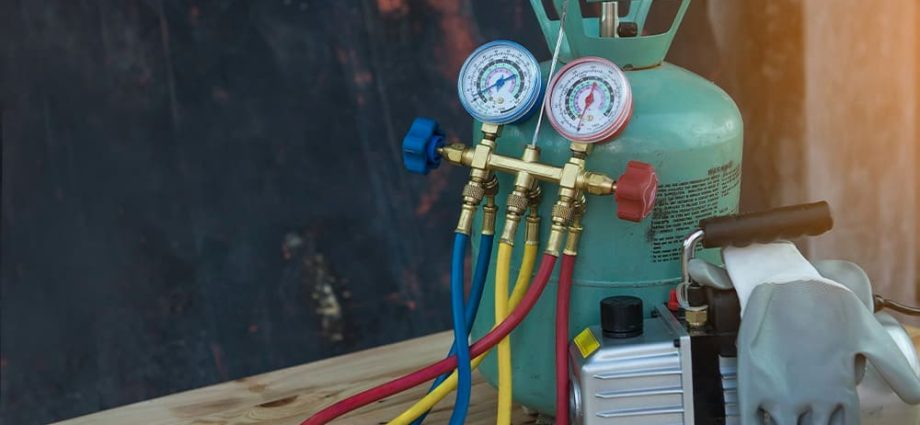Introduction:
Your HVAC system is one of the most important parts of your home, and it is important to understand how it works to keep it running smoothly. This guide will cover the basics of HVAC systems and how to troubleshoot common problems.
How do HVAC systems work?
Your HVAC system is responsible for providing heating, ventilation, and air conditioning (HVAC) to your home. The system works by circulating air throughout your home and regulating the temperature and humidity levels. The three main components of your HVAC system are the furnace, the air conditioning rochester, ny, and the ductwork.
The furnace is responsible for heating the air in your home. It uses a fuel source, such as natural gas, propane, or oil, to generate heat. The heat is then circulated through the ductwork to heat your home.
The air conditioner is responsible for cooling the air in your home. It uses a refrigerant to remove heat from the air and circulate it back into your home.
The ductwork is responsible for distributing the air throughout your home. It is a system of connected pipes that runs through your walls and ceilings. The ductwork is typically made of metal or plastic.
What are some common problems with HVAC systems?
One of the most common problems with HVAC systems is poor airflow. This can be caused by various things, such as a dirty air filter, leaky ductwork, or blocked vents. Another common problem is a faulty thermostat. This can cause your HVAC system not to heat or cool your home properly.
What are the different types of HVAC systems?
There are several types of HVAC systems, including central air, ductless, and heat pump systems. Major air systems are the most common type of HVAC system. They use a furnace to heat the air and an air conditioner to cool the air. Ductless systems do not use ductwork to circulate the air. Instead, they use individual air units mounted on the walls or ceilings. Heat pump systems use a heat pump to circulate the air. These systems are typically used in homes that do not have a furnace.
Now that you understand the basics of HVAC systems, you can start troubleshooting any problems you may have. If you have any questions, be sure to ask a professional.
How do I choose the right HVAC system for my home?
When choosing an HVAC system for your home, it would be best to consider a few things. The first is the size of your home. The second is the climate you live in. The third is your budget. Once you have considered these factors, you can start looking at different HVAC systems to find the best one for your home.
What are the benefits of having a properly working HVAC system?
There are many benefits to having a properly working HVAC system. Perhaps the most obvious benefit is that it keeps you comfortable in your home. A properly functioning HVAC system can also help improve the air quality in your home and make breathing easier. Additionally, it can help to prevent mold and mildew growth.
Conclusion:
As you can see, there are many things to consider when it comes to HVAC systems. However, the benefits of having a properly working system far outweigh the cost and effort required to maintain it. If you have any questions, be sure to ask a professional.

